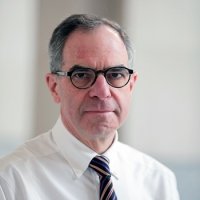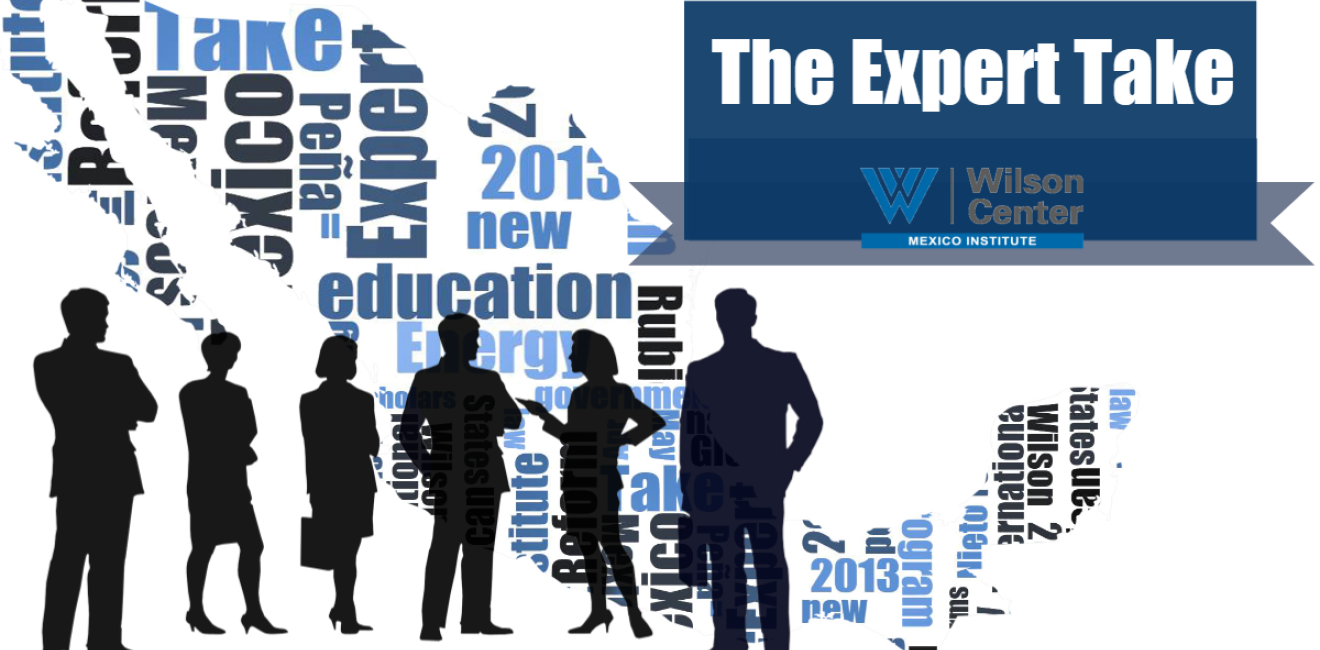The word “democracy” has ended up being trivialized in political discourse, but above all among the population. Many of those who despised the old overbearing presidency and devoted themselves to combating it now despise democracy: before because a person had too much power, now because the person does not have enough. In its most fundamental meaning, democracy exists to protect the citizen from abuse from the government; in the Mexican public debate, democracy is an instrument to elect those who will govern and not to meddle later in their decisions.
What is the appropriate balance here? In the context of an astoundingly poor political management of the gasoline crisis and in the threshold of the crucial year of the political cycle, where the terms of the presidential elections will be defined, it is necessary to debate why the country does not progress despite so many changes and reforms in all orders. Only then will it be possible to get out from such a dangerous political moment.
It appears that there are two issues that no one would dispute as being core problems: the ineffective nature of the government and the worst possible quality of public services. Although the two are linked, they are two distinct issues that are frequently mixed or visualized together in terms of causality: the government does not work (and provides bad services) because it is poorly organized. Of course, there is something of the truth in this relationship, but it is imperative to understand the causes well because an error in diagnosis always leads to a bad solution.
Since at least 1958, when opposition parties got representation in Congress without having won an election but in order to have them inside the tent, the country has undergone a multiplicity of political and electoral reforms that, even in the best light, did not achieve more than partial results, though they did incorporate all political forces into the system. Certainly, some reforms transformed the system for good (such as that of 96 that created an exemplary professional electoral system), but the country continues to stagnate. The reforms attacked –in some cases ad nauseam and to the absurd- problems among politicians, but none has procured listening to the citizenry and responding to their concerns and needs. Most reforms have ended dealing with the redistribution of power among those who are already in power.
As Einstein once said, it is insane to do the same thing over and over, expecting different results. What makes the politicians think that a new wrinkle will solve the political problem of the country?
I do not dispute the need to reform: what I ask is a reform for whom? Dozens of political and electoral reforms –in addition to hundreds of reforms in the economy, tax matters and social rights- have not achieved increasing the trust of the citizenry in their government, that the streets are well paved or that the population enjoys physical and legal safety.
When one asks oneself why the economy does not grow faster, the response is obvious to the citizens, so obvious that the politicians do not want to see it: because there is not the least amount of confidence in the functioning of the government. The system of government is designed to extract rents from the citizenry, feed the philanthropic ogre and preserve the privileges of groups within the political system and those around it. In the meanwhile, the citizenry lives in a world of uncertainty with respect to its physical integrity, patrimonial security and governmental abuse. Even paying taxes is complicated.
The old political system, that of Plutarco Elías Calles, was created to concentrate the power and to institutionalize the conflict of the post-Revolutionary era. The problems of today are in a certain sense the product of the success of that framework, as reflected in population growth, the geographic dispersion and the economic, political and social diversity of the country. Although much has changed thanks to the reforms undertaken, the old system continues to be there, like Monterroso’s dinosaur, but with an enormous difference: before it worked and satisfied the minimal necessities and today it does not.
One possible explanation for this paradox is that the old system responded to the problem of its moment and stopped doing so because the problems changed but the system remained. Today the system does not respond to the needs of the development of the country that, basically, have nothing to do with what worries the politicians. While they continue the search for band-aid remedies that do not work, the country needs a government that does work. Of course, it is imperative to reform the political system for the government to work, but what is crucial is for the reform that is undertaken to be contemplated with that rationale: that is, that of solving the population’s problems and making their daily lives easier.
The problem with this solution is that it would entail a revolution in the nation’s political system. The most advanced of the proposals of reform seek to return to what formerly appeared to function, that is, in essence, what the current government attempted: to recentralize the power. That option disappeared the day that the economy was liberalized (1980’s) and it is impossible for it to recreate itself. What we need is a political system for the XXI century, not the continuation, albeit institutionalized, of the Porfirian state. And that implies the end of privileges, and the advent of transparency and accountability: that is, responding to the citizenry. If things do not start out from that premise, nothing will change.
Author

Mexico Institute Advisory Board Member; Chairman, México Evalúa; Former President, Consejo Mexicano de Asuntos Internacionales (COMEXI); Chairman, Center for Research for Development (CIDAC), Mexico

Mexico Institute
The Mexico Institute seeks to improve understanding, communication, and cooperation between Mexico and the United States by promoting original research, encouraging public discussion, and proposing policy options for enhancing the bilateral relationship. A binational Advisory Board, chaired by Luis Téllez and Earl Anthony Wayne, oversees the work of the Mexico Institute. Read more

Explore More
Browse Insights & Analysis
Greenland’s New Governing Coalition Signals Consensus

Myanmar’s Junta and the 2026 Elections: A Fig Leaf for Legitimacy?


